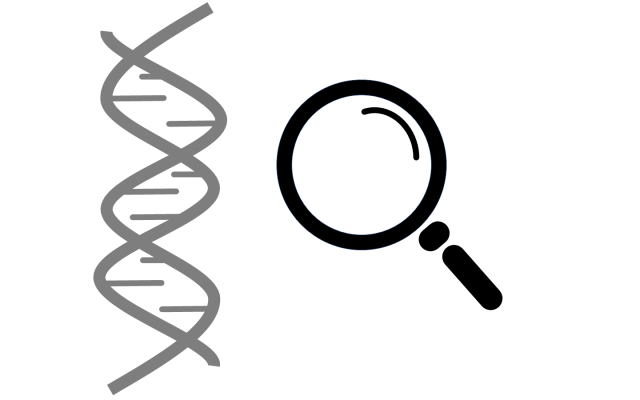meistä
About Us
Microbial natural products have played an essential role in the development of modern medicine ever since the discovery of penicillin by Sir Alexander Fleming in 1928. In the last 35 years, 58% of novel antibiotics and 32% of anticancer agents that have been approved for medical use are natural products or their semi-synthetic derivatives. Many natural products have been obtained from cultures of micro-organisms, which have HISTORICALLY been a prolific source pharmaceutical agents with a stunning array of potent activities. Approximately 3000 antibacterial compounds have been isolated solely from the order Actinomycetales and these bacteria have provided half of natural products approved as drugs in 1981-2006. In particular, soil-dwelling Streptomyces bacteria are a well-established source of important biologically active compounds.
In spite of the great success of natural products in medicine, new chemical entities are urgently needed to counter the rise of antibiotic resistance and to limit the side-effects of drugs used in cancer chemotherapy. The contradiction is that while our need for novel compounds with better efficacy and fewer side-effects has increased, the number of new natural products discovered yearly has been declining. The World Health Organization has repeatedly warned that the world is heading for a “post-antibiotics era” unless action is taken. New chemotherapy regimens are urgently needed to combat multi-drug resistant cancer type, which are increasing in prevalence due to aging populations worldwide.

The ABELAB wishes to promote research on microbial natural products and contribute to the field with three major lines of investigations. We wish to conduct basic research on the BIOCHEMISTRY AND BIOSYNTHESIS of natural products, and understand at the molecular level how these complex molecules are made. This requires a multidisciplinary approach using GENOMICS AND BIOINFORMATICS, MOLECULAR BIOLOGY and STRUCTURAL BIOLOGY to provide detailed answers to the research questions. One key to the success of natural products has been the incredible diversity of metabolites that Streptomyces are able to produce, which has helped them to survive in a competitive ecological niche. In order to understand how these molecules have come into existence in the first place, we have conducted several studies on the EVOLUTION of secondary metabolism using phylogenetic analyses and PROTEIN ENGINEERING.
In applied research, our focus is to further increase the diversity of natural products and use SYNTHETIC BIOLOGY to engineer bacterial strains that are able to produced entirely new metabolites that have not previously existed in Nature. This can be achieved by combining genes from several related pathways to generate novel artificial biosynthetic routes. Increasing the yields of natural products using genetic engineering is also paramount for the pharmaceutical industry. We have also developed methodologies for the activation “cryptic” gene clusters that we have detected by genome mining in order to obtain novel metabolites from bacterial cultures. We hope to achieve all of these goal by merging knowledge in GENOMICS AND BIOINFORMATICS, MOLECULAR BIOLOGY and NATURAL PRODUCTS CHEMISTRY.





